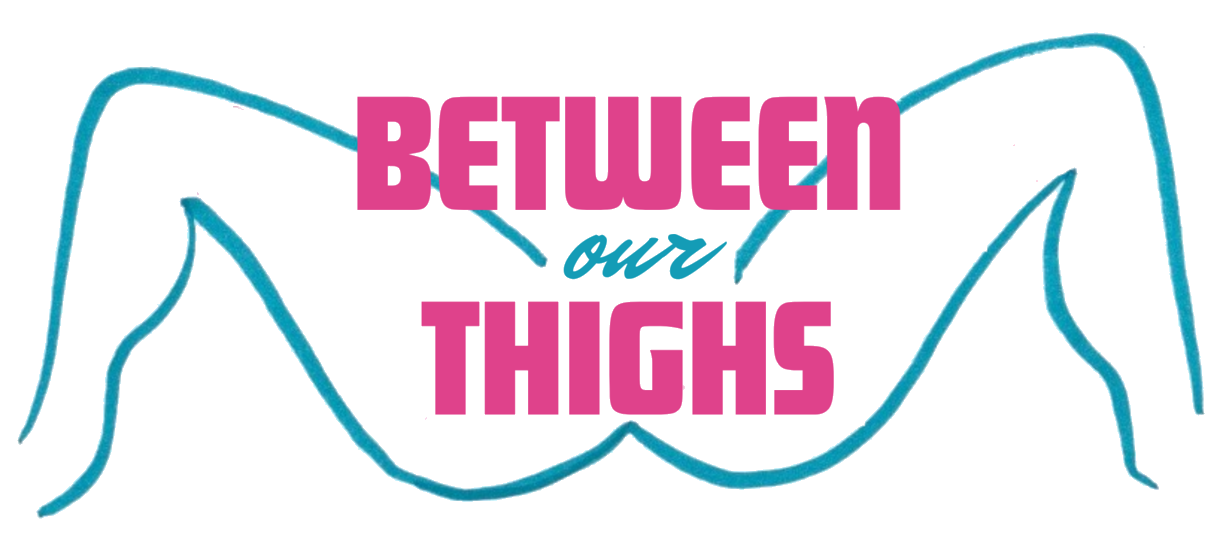7 Conflict Resolution Techniques for Maintaining a Happy Relationship
Unsure about how to resolve conflict effectively? The truth is, conflict in relationships will come up from time to time, no matter how happy, healthy, and balanced a relationship you might have. One of the things that keep romantic relationships so interesting is that people are not exactly alike, meaning that we all have differing opinions. Sometimes, we butt heads.
By learning how to handle conflict and understanding the different aspects of conflict management, couples can address their differences more clearly and maturely to avoid disagreements from dragging on unnecessarily. To help you with this process, we’ve listed seven of our top tips for resolving conflict directly below.
Be clear on what you find unacceptable
Resolving conflict pre-emptively can be accomplished by being clear on what will cause conflict for you. Let your partner know what is unacceptable and even unforgivable to you, whatever those things might be. One of the signs of an abusive relationship (and a major red flag that the person does not respect you as they should) is a significant other who ignores the boundaries you have set for yourself.
Don’t let frustrations build up
One of the most successful methods of how to handle conflict is open communication. When you refuse to address concerns as they arise — even when they seem “small” or “insignificant” — it allows for frustrations and resentment to fester. Eventually, this can turn into a big argument because it’s not just one or two small things anymore, but rather many things coming up at once. Just talk to your partner about your needs!
Avoid digging up the past
Avoiding unnecessary (additional) conflict in relationships is possible when you stop yourself from reliving one another’s past mistakes. Before brushing problems under the rug, make sure they are addressed and resolved to prevent them from bubbling up again down the road.
However, keep in mind that if your partner is continually pushing your boundaries and repeating the same mistakes, it may be time to re-evaluate their respect for you and dedication to the relationship.
Try not to jump the gun
It’s easy to make assumptions and get yourself worked up over something. It happens to the very best of us! To dodge starting a potentially avoidable fight, let your partner know how you’re feeling and how you perceive a situation without throwing around accusations. Give them a chance to explain themselves and what seems to be happening. While it might not always clear things up, it can help things make more sense to you.
Listen to your partner’s reasoning
One of the critical elements of conflict resolution is the ability to hear one another out. Each person should have an opportunity to say their piece and explain their rationale, how they’re feeling, and what they need to move forward from the disagreement. Allowing both of you the chance to say your piece, perspectives you may not yet have considered can emerge to help you see eye-to-eye.
Be open to compromising
A significant part of conflict management is coming to a mutual agreement that works for both partners. Plus, the ability for significant others to compromise in their daily lives is a big green flag in a relationship! You shouldn’t have to be uncomfortable with the little bit you give or the little bit you take; it should feel comfortable for you both.
Compromise is also a large component of maintaining your mental health and love with one another.
Understand that you might be wrong
While this factor of conflict resolution can often be the most difficult of pills to swallow (after all, it’s natural not to want to be wrong), admitting your faults is essential to move forward. When you make a mistake, not only should you apologize and admit your faults, but move forward doing everything you can not to repeat the mistake. Without that critical last part, an apology is meaningless.
The fact is, conflict in relationships will come up at some point in time (even in the most healthy relationship). No couple is perfect, so learning how to handle conflict and understanding conflict resolution techniques becomes critical to overcoming these obstacles and moving forward on the same page. Of course, it becomes vital for you to understand which conflict issues you are facing and the best way to address them.
From knowing and articulating what is unacceptable from the get-go to addressing minor to major problems effectively, resolving conflict does not have to be a terrifying thought.
What are your go-to tips for effective conflict resolution? Do you think that conflict management in relationships is important (why or why not)? Let us know your thoughts in the comments below.




